Does the commissioner of baseball understand baseball?
On Rob Manfred 's self-defeating plan to save the game

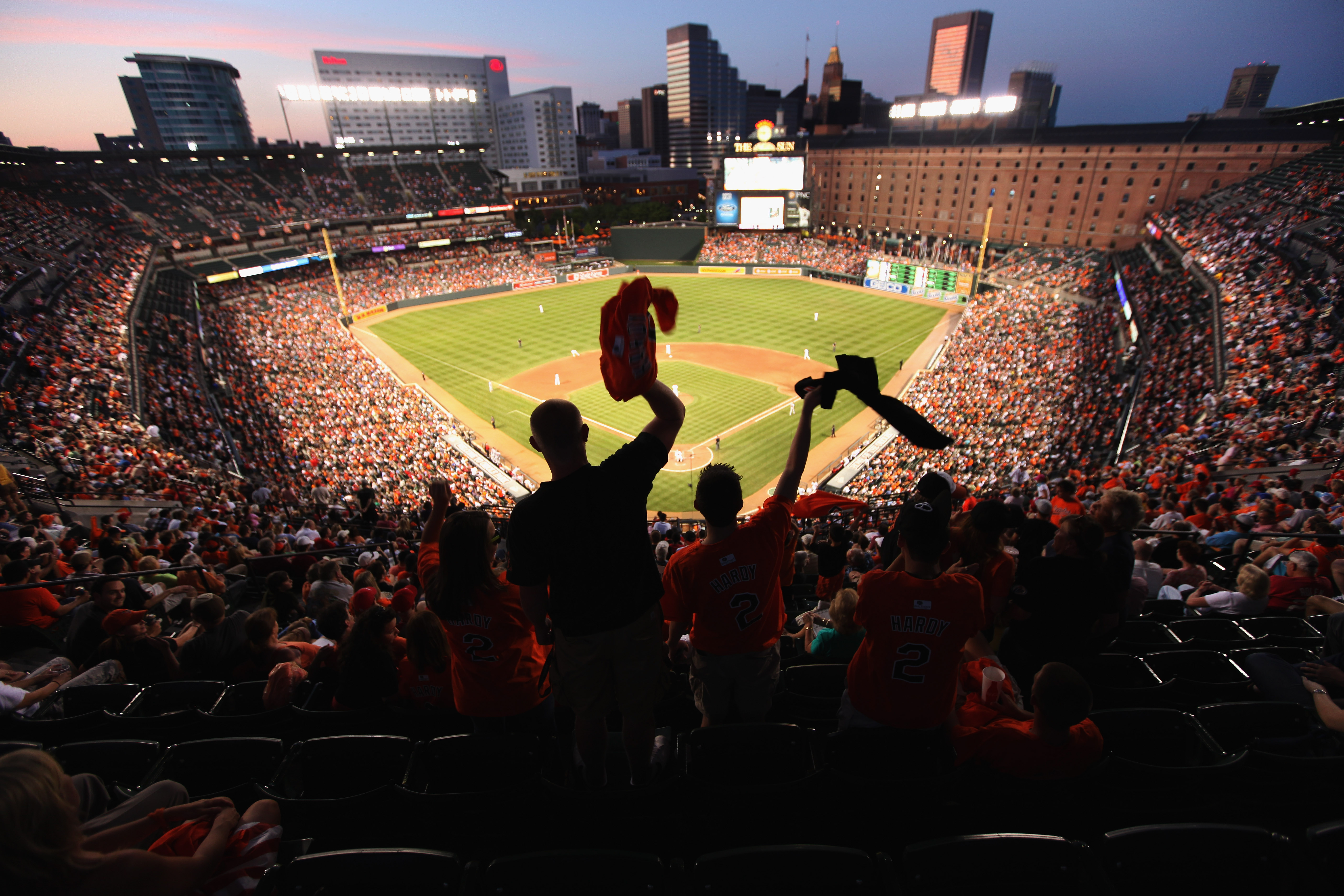
A free daily email with the biggest news stories of the day – and the best features from TheWeek.com
You are now subscribed
Your newsletter sign-up was successful
Someone has to say it. The commissioner of Major League Baseball might not understand the game of baseball.
Rob Manfred has had baseball's top job since January of 2015. Whereas his predecessor was mostly a caretaker, dutifully serving the interests of team owners in labor disputes, and mostly leaving the on-field product alone, Manfred constantly throws out radical ideas. Even if they are contradictory.
Manfred's diagnosis is that baseball's fans are too old and white for the future health of the sport. Of course, other leagues would love some of these die-hard fans because they happen to have a lot of money and like spending it on entertainment. But Manfred is correct that this does constitute a long-term problem for baseball. When Boomers begin dying out in earnest, baseball will be left with a much diminished fanbase. Manfred's belief is that baseball games need to be shorter and feature more scoring and action to regain cache among the young and hip.
The Week
Escape your echo chamber. Get the facts behind the news, plus analysis from multiple perspectives.

Sign up for The Week's Free Newsletters
From our morning news briefing to a weekly Good News Newsletter, get the best of The Week delivered directly to your inbox.
From our morning news briefing to a weekly Good News Newsletter, get the best of The Week delivered directly to your inbox.
Here is how he described how baseball is changing:
The fact is that the game has changed and is continuing to change — in my view, at an accelerating rate. Games have become longer. In 1975, the average game was 2 hours and 30 minutes. Now the average game is three hours. In 1988, 272 pitches were thrown in an average game. Today, the strategy of working counts and taking pitches means that it takes an additional 22 pitches to complete that same game. Back in 1988, the average major league club used 17 pitchers over the course of the season. In 2015, the average club used 27 pitchers. We are seeing less of our star starting pitchers, more delays for pitching changes, and less action at exciting points late in the game.Today, major league players are hitting home runs at a record pace, but the number of balls put in play is at a historic low. There have been more strikeouts this season than in any other season in baseball history since 1871. Offensive strategies like situational hitting and stealing bases, which often create exciting moments for fans, are less prevalent today than at any point since the Year of the Pitcher in 1968. These changes have occurred not due to new rules but almost exclusively because of decisions made by creative general managers and managers in an effort to win as many games as possible. [ESPN]
Not all of these changes are obviously undesirable. Some of the increase in the number of pitchers used is due to the fact that teams take better care of their players' health. They put pitchers on the disabled list more easily now, they nurse them through surgeries, they give them more rest and allow relief pitchers to pitch more innings. Fans complain now almost as much about teams over-using pitchers as they used to complain about pitchers' being too sensitive. Reversing this trend may mean returning to an era when Sandy Koufax had a brilliant career that ended after a few short years.
But the new rules and experiments Manfred is toying with to address what he sees as the problem would alter the game more than anything since the 19th century. They include adding a 20-second pitch clock, shortening the season, making intentional walks automatic, outlawing defensive shifts, or limiting the number of relief pitchers that can be used in a game.
You may have also noticed already that Manfred's goals contradict one another. More scoring typically lengthens a game. It certainly lengthens an inning and it causes managers or catchers to interrupt the flow and visit the mound more often. It causes more pitching changes. More action — like stealing a base — often slows the game down, by causing a pitcher to throw to first and police the runner.
A free daily email with the biggest news stories of the day – and the best features from TheWeek.com
But this also fits in with the same weird push-pull that has accompanied other recent reforms in baseball. Baseball tried discouraging batters from stepping out of the box and adjusting themselves in ever-more elaborate routines between pitches. This can shave a few minutes off the game, but generally speaking, a more brisk pace favors the pitcher.
At the same time that baseball cracked down on these pre-swing rituals, it expanded the use of replay, and now most baseball games feature a few minutes in which everyone is watching four umpires standing on a field and wearing headsets, as they wait for the hidden umpires at MLB HQ in Chelsea decide the call.
We don't always understand what causes changes in baseball. The designated hitter was instituted to boost offense in the American League. And it does that. But it also became a kind of safety valve for general managers, who would sign a slugger to a contract that was too lengthy, and justify it to themselves saying that when this player declined defensively, they could be stuffed into the designated hitter spot.
Two years ago, baseball was in the midst of a record ebb in offensive numbers. It seemed like the dawn of a new strikeout era. Now, suddenly, since late last season, home runs are on the rise to such a degree that journalists openly speculate about whether the baseball itself has been altered. There are evolutions in player development, training, and even medicine that change the game and are hard to predict. The same is true for front-office strategy. For years, teams were tempted to copy the attrition-style baseball pioneered by the Yankees and Red Sox teams of the last decade. But last year the Royals played exactly the kind of put-it-in-play style that should make Rob Manfred swoon, and they won the World Series. Imitators are likely to follow.
The 20-second pitch clock is by far the worst suggestion. It has already been instituted in the minor leagues, as a kind of experiment and to train developing pitchers to a faster pace of play. However, it entirely spoils baseball's unique, pastoral feel. It is very difficult not to watch a clock ticking down to zero, and if the clock becomes a part of the game — if it changes the outcome of at-bats — it will have to be televised. Baseball will quickly resemble looking at an endless series of noshes being microwaved.
And baseball has to be careful about what premises are enshrined in new reforms. There is a reason that slopes become slippery. Sometimes we reform the rules of an institution hoping for just a tweak, but then we find that we have instead enshrined a new principle that re-orders the game. That is why the designated hitter must never be introduced to the National League on the basis that it generates better offense. That reform alone would open baseball to sliding towards footballization, with separate defensive and offensive squads. And in turn, it would separate the modern game too dramatically from its past.
Baseball also has to be careful not to give too many new duties for umpires to handle. Policing the pitch clock, or the exact positioning of defensive players on the field, can incidentally create more dead time. And it can make baseball harder to enjoy as its prohibitions become ever more elaborate and forbidding to the uninitiated.
We had Fields of Dreams, but my fields are filling with nightmares. Do we really want to watch umpires standing on a field, with headsets, waiting to hear from other umpires in Chelsea whether the radar detected an illegal move by a second baseman in the second before a pitch was delivered? Is this a faster game? Is this a game with more action?
If you want more offense and you want to activate more fans, I have a simple and time-honored adjustment: expansion. Add two, or four, more teams to the league. This will harness new fans who are carried along by civic pride to their nearby ballparks. It will dilute pitching talent for several seasons, leading to a likely increase in offensive production. If you want a diverse fanbase, stay in cities like Oakland that have a diverse population, and invest more money developing baseball in urban areas. And finally, market the stars of the game. The most recognizable baseball players right now are either retired, like Derek Jeter, or retiring later this year, like David Ortiz. Spend some money making Andrew McCutchen and Bryce Harper household names.
This isn't hard.
Michael Brendan Dougherty is senior correspondent at TheWeek.com. He is the founder and editor of The Slurve, a newsletter about baseball. His work has appeared in The New York Times Magazine, ESPN Magazine, Slate and The American Conservative.
-
 Why is the Trump administration talking about ‘Western civilization’?
Why is the Trump administration talking about ‘Western civilization’?Talking Points Rubio says Europe, US bonded by religion and ancestry
-
 Quentin Deranque: a student’s death energizes the French far right
Quentin Deranque: a student’s death energizes the French far rightIN THE SPOTLIGHT Reactions to the violent killing of an ultraconservative activist offer a glimpse at the culture wars roiling France ahead of next year’s elections
-
 Secured vs. unsecured loans: how do they differ and which is better?
Secured vs. unsecured loans: how do they differ and which is better?the explainer They are distinguished by the level of risk and the inclusion of collateral
-
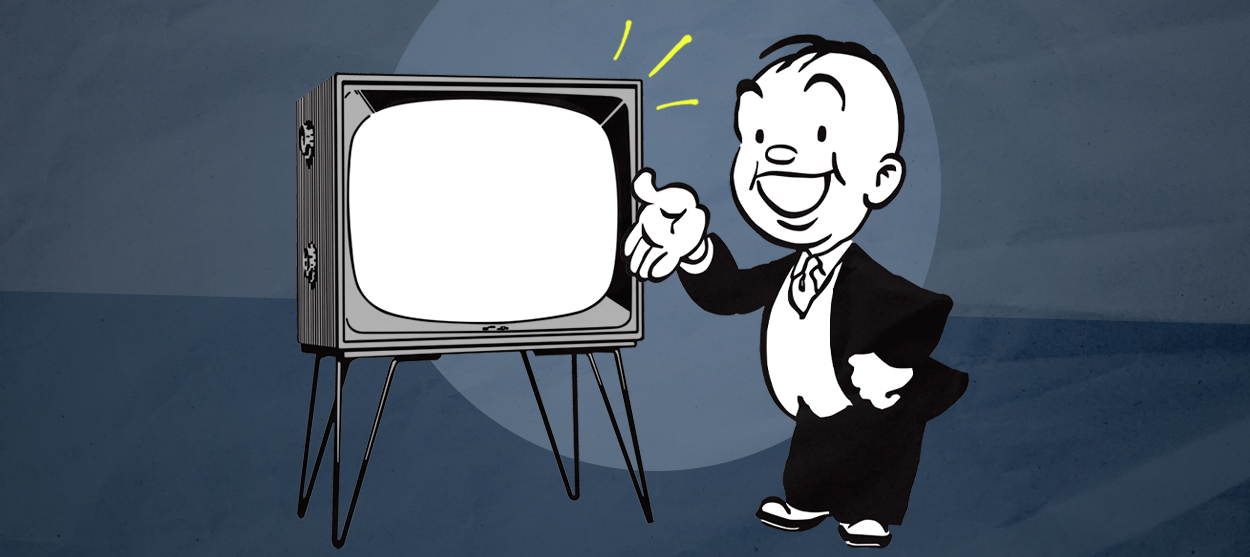 The hottest Super Bowl ad trend? Not running an ad.
The hottest Super Bowl ad trend? Not running an ad.The Explainer The big game will showcase a variety of savvy — or cynical? — pandemic PR strategies
-
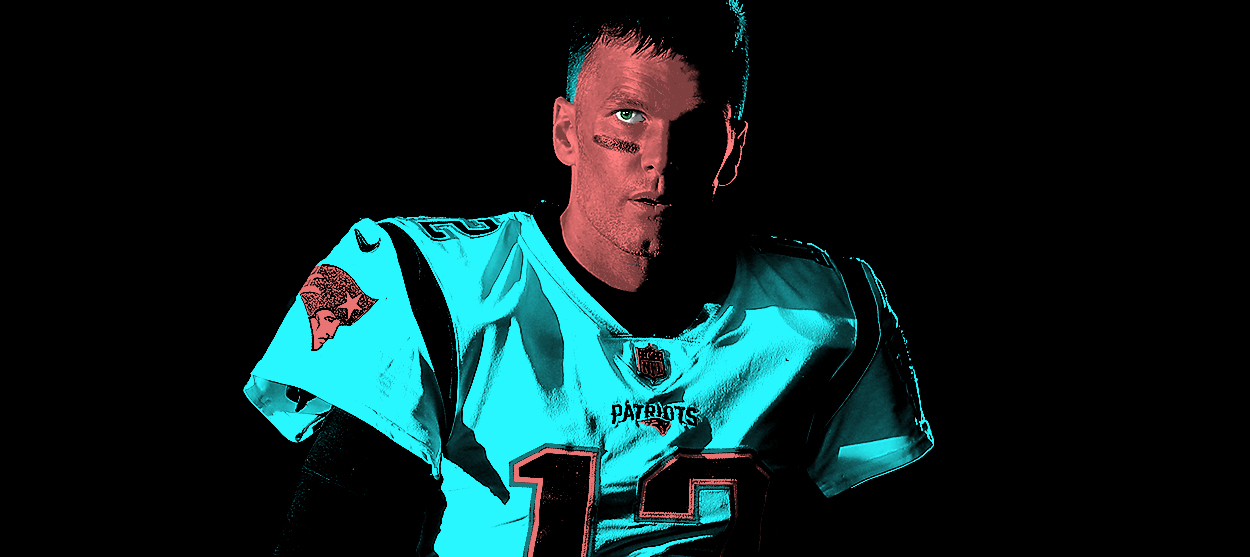 Tom Brady bet on himself. So did Bill Belichick.
Tom Brady bet on himself. So did Bill Belichick.The Explainer How to make sense of the Boston massacre
-
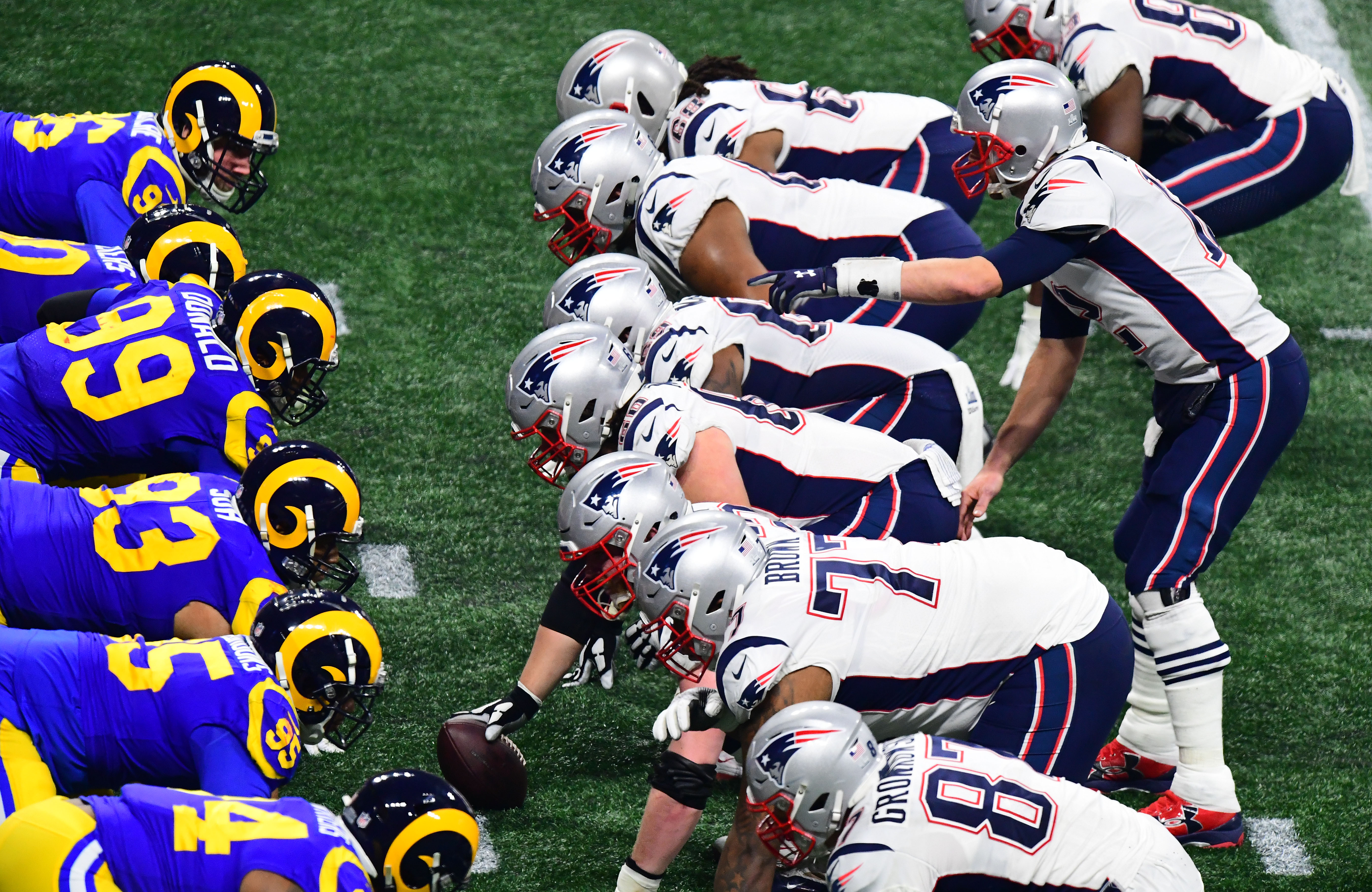 The 13 most exciting moments of Super Bowl LIII
The 13 most exciting moments of Super Bowl LIIIThe Explainer Most boring Super Bowl ... ever?
-
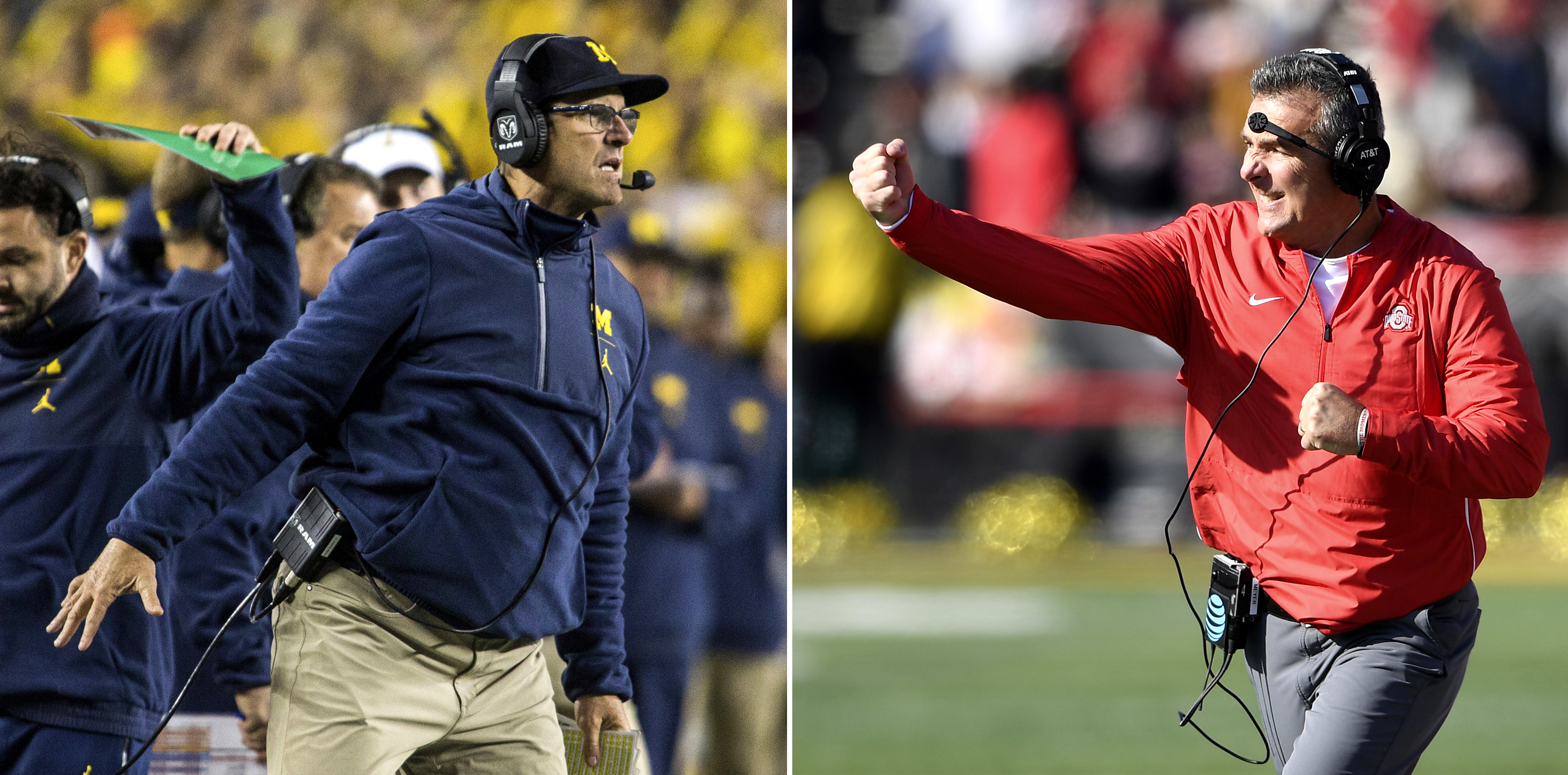 The enduring appeal of Michigan vs. Ohio State
The enduring appeal of Michigan vs. Ohio StateThe Explainer I and millions of other people in these two cold post-industrial states would not miss The Game for anything this side of heaven
-
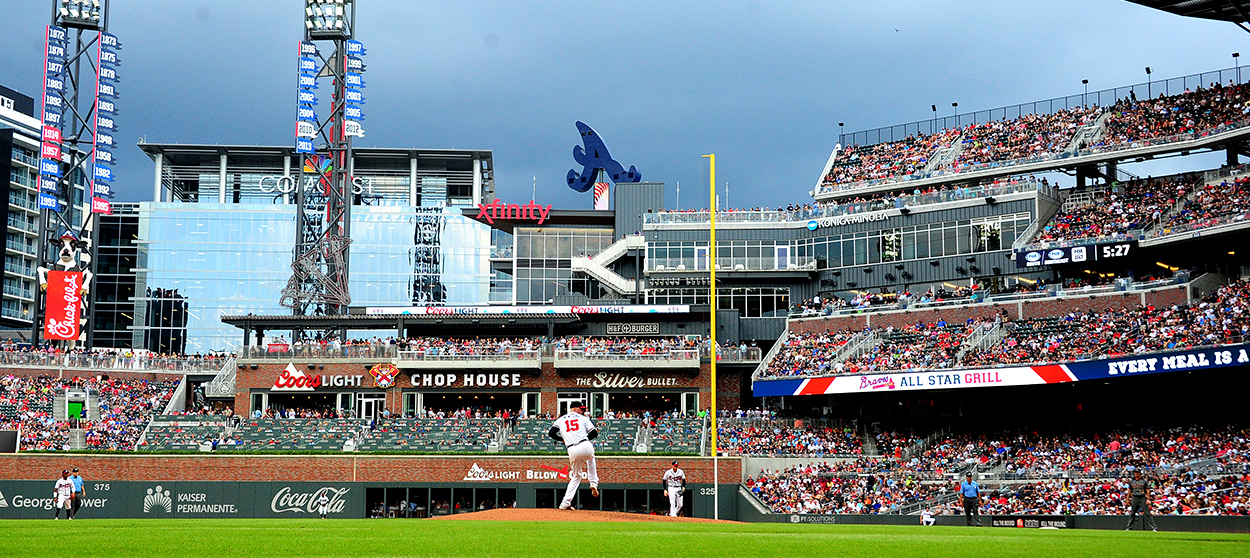 When sports teams fleece taxpayers
When sports teams fleece taxpayersThe Explainer Do taxpayers benefit from spending billions to subsidize sports stadiums? The data suggests otherwise.
-
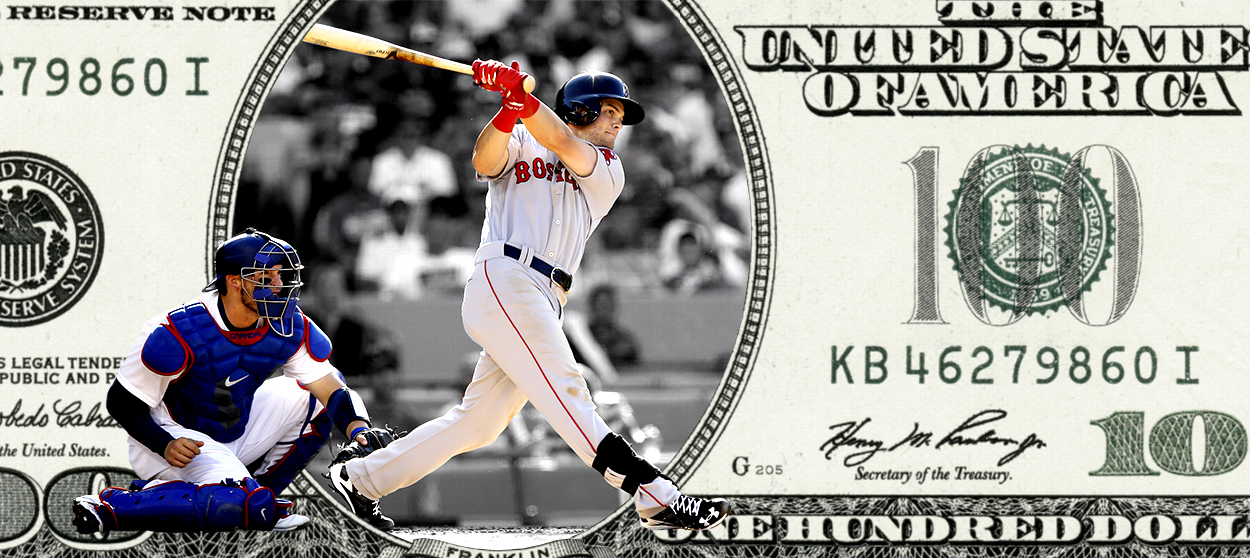 The 2018 World Series is bad for baseball
The 2018 World Series is bad for baseballThe Explainer Boston and L.A.? This stinks.
-
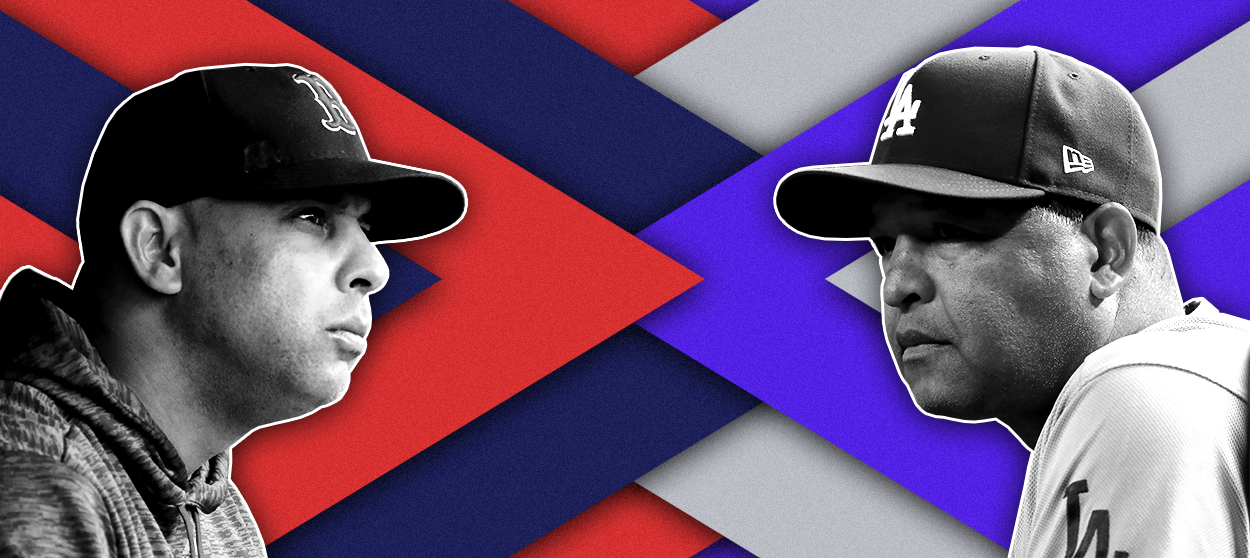 This World Series is all about the managers
This World Series is all about the managersThe Explainer Baseball's top minds face off
-
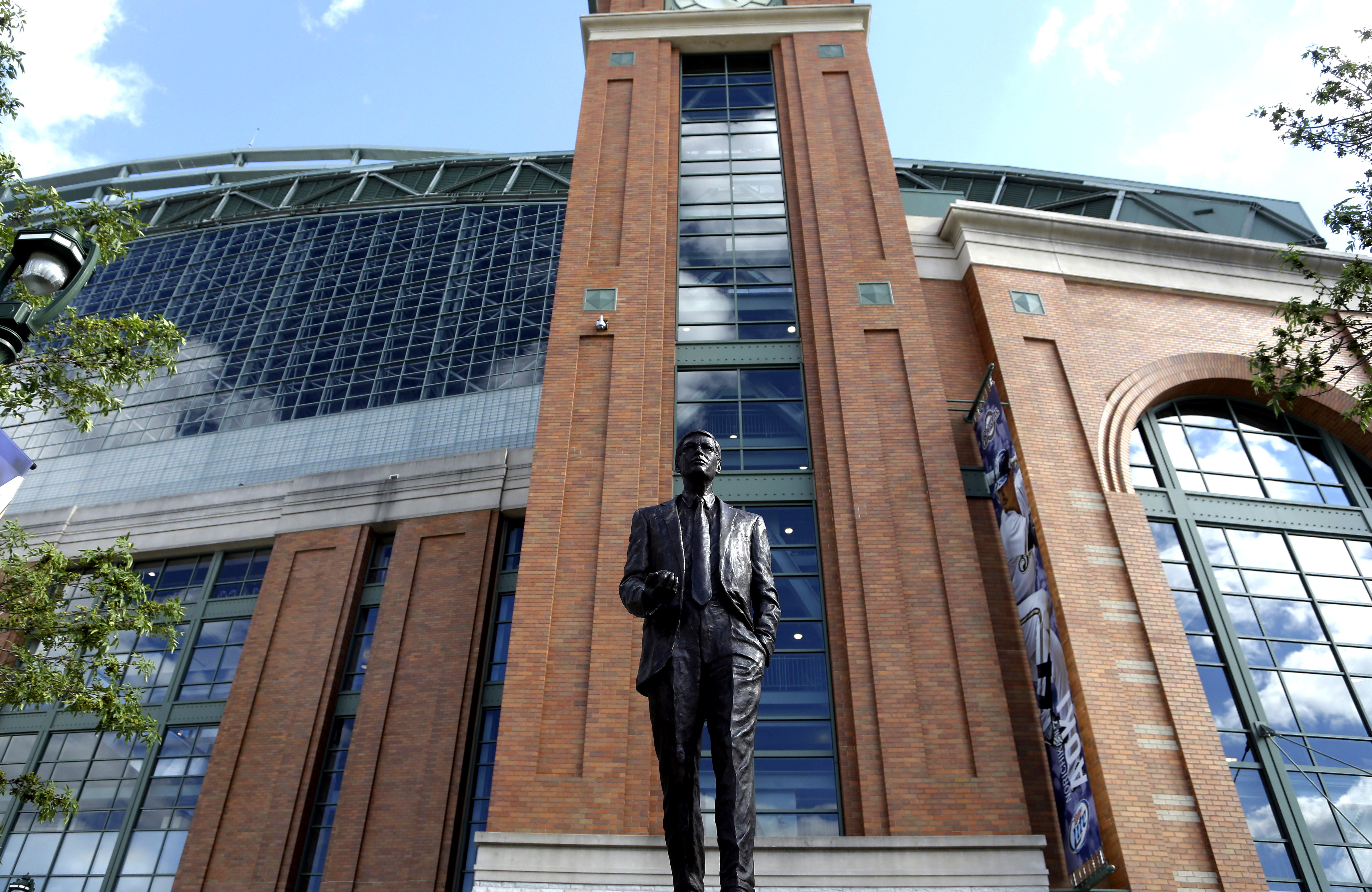 Behold, the Bud Selig experience
Behold, the Bud Selig experienceThe Explainer I visited "The Selig Experience" and all I got was this stupid 3D Bud Selig hologram
